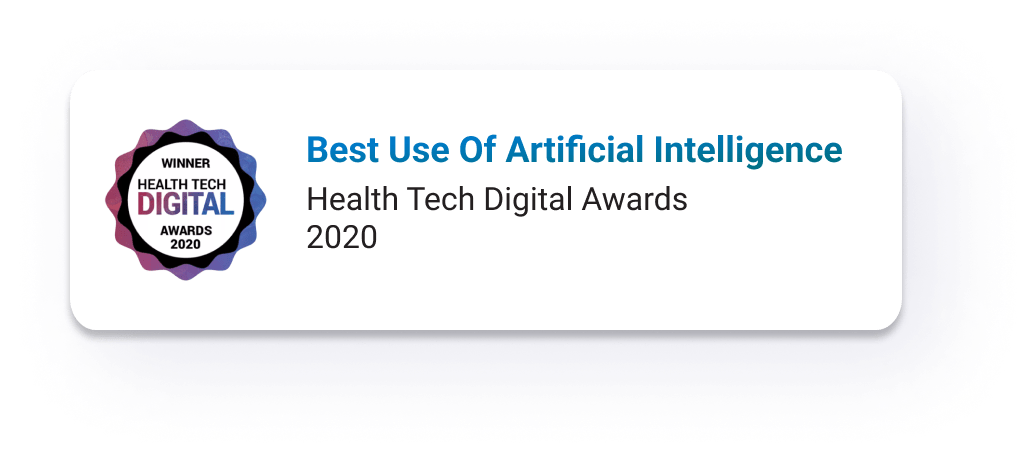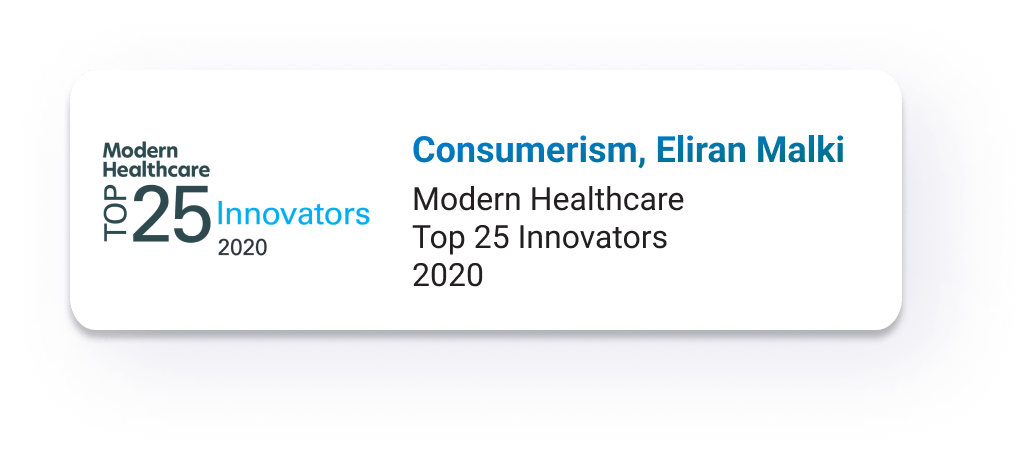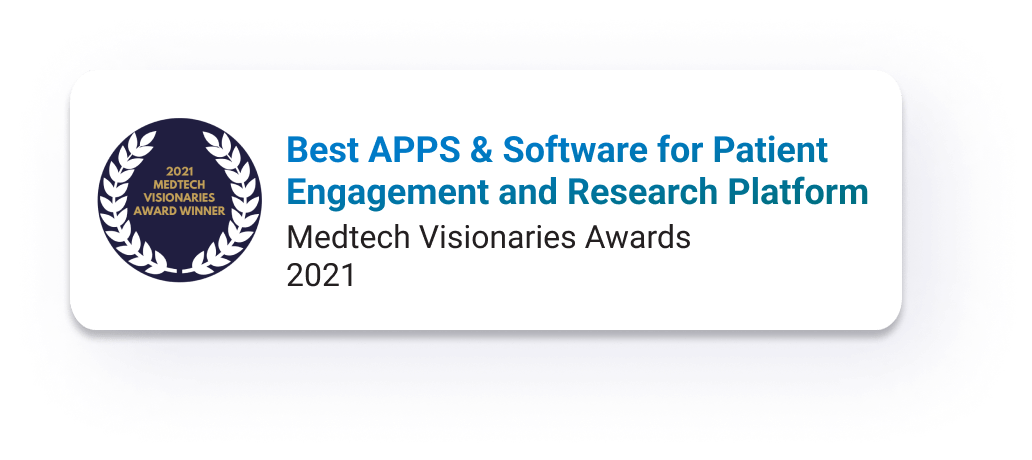A common side effect of cancer and its treatment is Cancer-associated thrombosis. This condition has become more relevant and recognized by patients and doctors.
Five to 25 percent of cancer patients (particularly those with advanced disease) might get blood clots.
That happens as a result that Cancer thickens the blood, releasing substances that make it ”sticky” so clots form more easily.
Different treatments such as surgery, chemotherapy and radiotherapy might exacerbate the risk. Surgeries immobilize patients, chemotherapy inflames the blood vessels and veins, and the blood becomes clogged with bits of dead cancer cells. The insertion of central vein lines (A-Ports) can also be a predisposing factor as well as other general risk factors such as obesity, smoking etc.
Certain cancers are more prone to clots such as those originating in the gastrointestinal tract like stomach, pancreatic and colorectal, lung cancers, lymphomas, ovarian cancers, and genitourinary cancers like bladder and testicular.
In spite of the current knowledge, they are not always on the radar of patients and their doctors. A recent European survey was conducted in more than 1,300 patients and caregivers living in 5 different European countries. They received the same questionnaire and the data was pooled together. The results identified that there are significant gaps in patients’ awareness and knowledge about the incidence of cancer associated thrombosis. 72% of the survey participants were unaware of the higher than normal risk of developing thrombosis.
For more information:
How well do European patients understand cancer-associated thrombosis? A patient survey
This content is provided for your general education and information only. It does not necessarily reflect Belong’s views and opinions. Belong does not endorse or support any specific product, service, or treatment.







